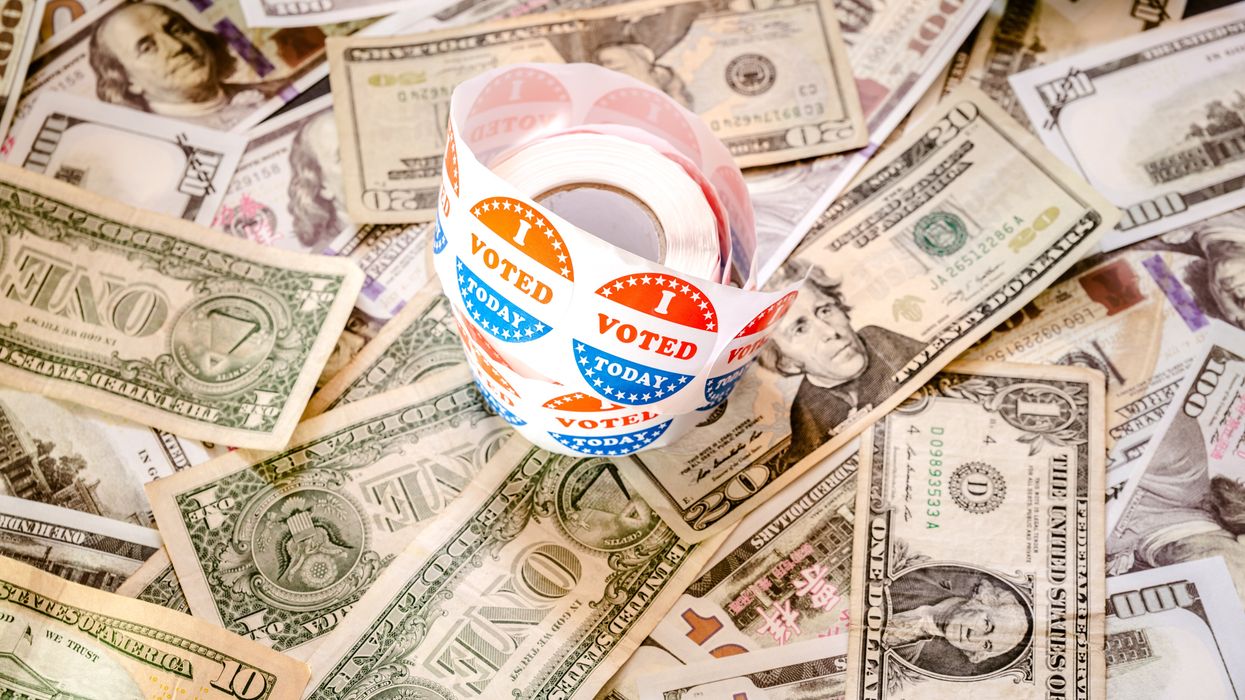A recent executive order to dismantle the Minority Business Development Agency (MBDA) is another policy change in America's long history of systematically suppressing minority economic advancement. This decision, which threatens to unravel decades of progress in fostering minority entrepreneurship, demands immediate attention and action.
Since its inception, the MBDA has been a lifeline for America's 12 million minority-owned businesses, facilitating access to over $1.5 billion in capital in 2024 alone. Its dissolution represents the loss of a government agency and the destruction of a crucial bridge to economic opportunity for countless entrepreneurs from marginalized communities.
The timing of this decision is particularly troubling, as it echoes historical patterns of dismantling Black and minority economic progress just as communities begin to gain meaningful footing. Perhaps the most infamous example of such systematic destruction occurred in 1921 in Tulsa, Oklahoma's Greenwood District—known as "Black Wall Street."
Before its destruction, Greenwood represented the epitome of Black economic self-determination. The district housed hundreds of Black-owned businesses, including hotels, restaurants, grocery stores, and a movie theater. But this beacon of prosperity became a target. In less than 24 hours, white mobs destroyed 35 city blocks, burned more than 1,200 homes, and obliterated years of accumulated wealth. The economic impact, estimated in today's dollars, exceeded $200 million in direct property damage alone. But the cost—lost generational wealth, stunted economic development, and shattered dreams—is incalculable.
Tulsa wasn't an isolated incident. Similar attacks on minority economic progress occurred in Rosewood, Florida; Wilmington, North Carolina; and countless other communities across America. Each instance represented not just physical destruction but the systematic dismantling of economic infrastructure that supported minority advancement. The current dismantling of the MBDA is being conducted in a suit instead of a hood and executed with executive orders rather than torches. Still, the effect is similar: it threatens to destroy infrastructure crucial to minority economic advancement. Resulting in consequences that are far-reaching. Elimination of MBDA's support, minority entrepreneurs lose access to:
- Specialized business consulting services
- Critical networking opportunities
- Vital capital access programs
- Federal contracting pathways
- Export market guidance
Oddly, I submit, this moment also presents opportunities for innovation and resistance. Just as the Greenwood community began rebuilding almost immediately after the massacre—eventually hosting double the number of businesses by 1942—today's minority business community must forge new paths forward.
However, there are some strategic steps we can take to ensure continued support for minority enterprises:
One is that state and local governments must step up. States like New York, California, and Illinois already have robust minority business development programs. Other states must follow suit, establishing dedicated offices and funding streams for minority business support. These programs should include technical assistance, access to capital, and procurement opportunities.
Two, private sector institutions must expand their commitment. Major banks and corporations should establish dedicated minority business funding programs, not as charity but as smart business investments. The buying power of minority communities exceeds $4.7 trillion annually—ignoring this market is financially irresponsible.
Third, community foundations, community development financial institutions (CDFIs), and minority depository institutions (MDIs) must be strengthened. These institutions have historically been crucial in supporting minority businesses when traditional banks wouldn't. They need increased capitalization and help to fill the gap left by the MBDA's dissolution.
Fourth, professional organizations and chambers of commerce focused on minority businesses must expand their services. Organizations like the National Minority Supplier Development Council and the United States Hispanic Chamber of Commerce should broaden their programming to include services previously provided by the MBDA.
Fifth, technology platforms and fintech companies should develop specialized tools and products for minority-owned businesses, helping to democratize access to capital and business services.
Yes, dismantling the MBDA represents a significant challenge, but it need not be a death knell for minority business development. History has shown that attempts to suppress minority economic advancement often spark innovation and resilience within these communities. The future of American economic prosperity depends on our ability to ensure that all entrepreneurs, regardless of their background, can succeed. Moreover, supporting minority business development isn't just a moral imperative but a necessity. A step in a direction toward the promise of a more pluralist economy.
Rev. Dr. F. Willis Johnson is a spiritual entrepreneur, author, scholar-practioner whose leadership and strategies around social and racial justice issues are nationally recognized and applied.




















